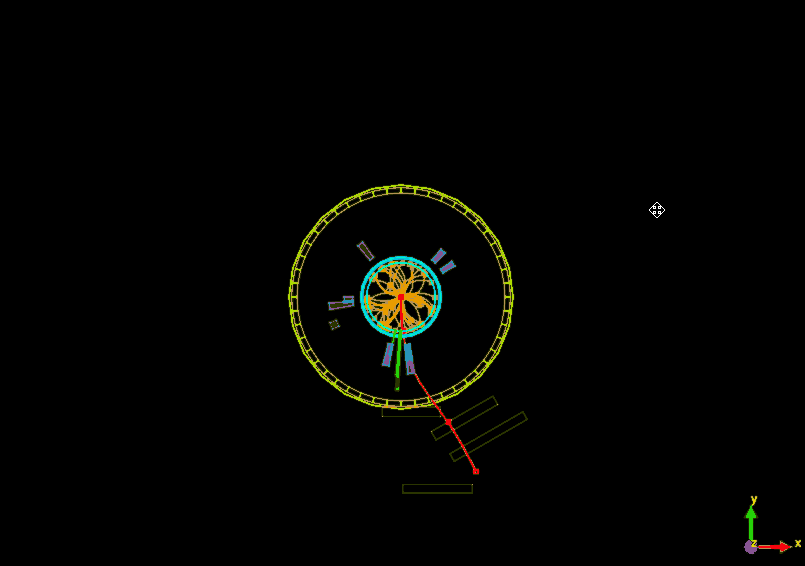
Prerequisites
- For this lesson we will be using the
CMSSWDocker container you already used during the pre-exercises.- After you completed the pre-exercises, you should have now a good understanding about
ROOTand the basic aspects ofCMSSW.

Prerequisites
- For this lesson we will be using the
CMSSWDocker container you already used during the pre-exercises.- After you completed the pre-exercises, you should have now a good understanding about
ROOTand the basic aspects ofCMSSW.
| Setup | Before we begin | |
| 00:00 | 1. General Physics Objects and POET |
What do we call physics objects in CMS?
How are physics objects reconstructed? What is POET? How do I run POET? |
| 01:00 | 2. Electrons |
What are electromagnetic objects
How are electrons treated in CMS? What variable are available using POET? How can one add a new electron variable? |
| 01:40 | 3. Break | Which type of coffee will you drink on your break? |
| 02:10 | 4. Muons |
How are muons reconstructed in CMS?
How are muons treated in CMS OpenData? How do I add variables to the muon analyzer? |
| 02:50 | 5. Jets and MET | How are jets and missing transverse energy treated in CMS OpenData? |
| 03:05 | 6. Jet substructure |
Which jet substructure observables are available in CMS MiniAOD?
How are W boson jets identified using fat jets? How are top quark jets identified using fat jets? |
| 03:40 | 7. Extra reading: Heavy flavor tagging | How are b hadrons identified in CMS |
| 03:40 | 8. Extra reading: Jet corrections |
How are data/simulation differences dealt with for jet energy?
How do uncorrected and corrected jet momenta compare? How large is the JEC uncertainty in different regions? How large is the JER uncertainty in different regions? |
| 03:40 | Finish |
The actual schedule may vary slightly depending on the topics and exercises chosen by the instructor.